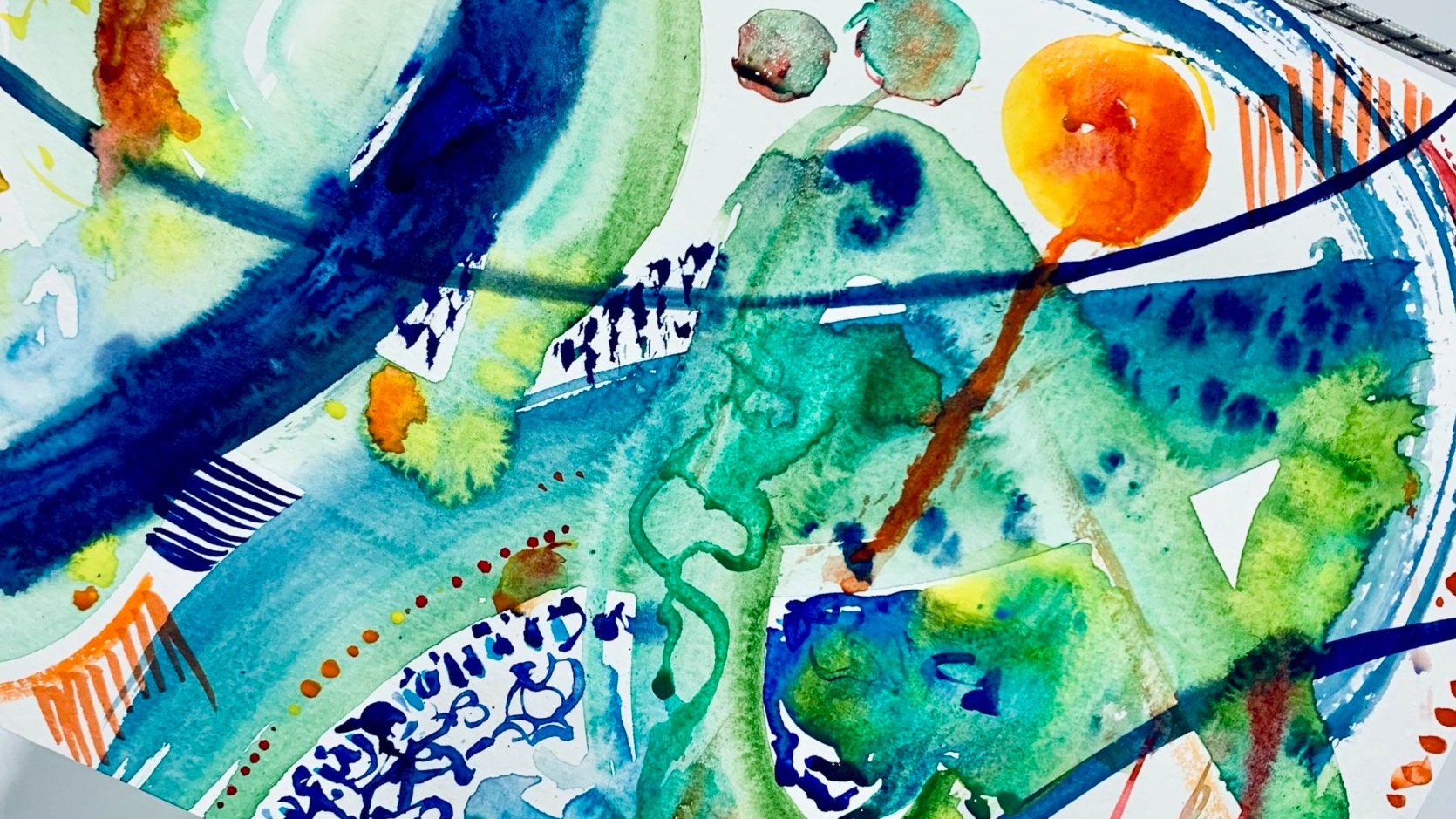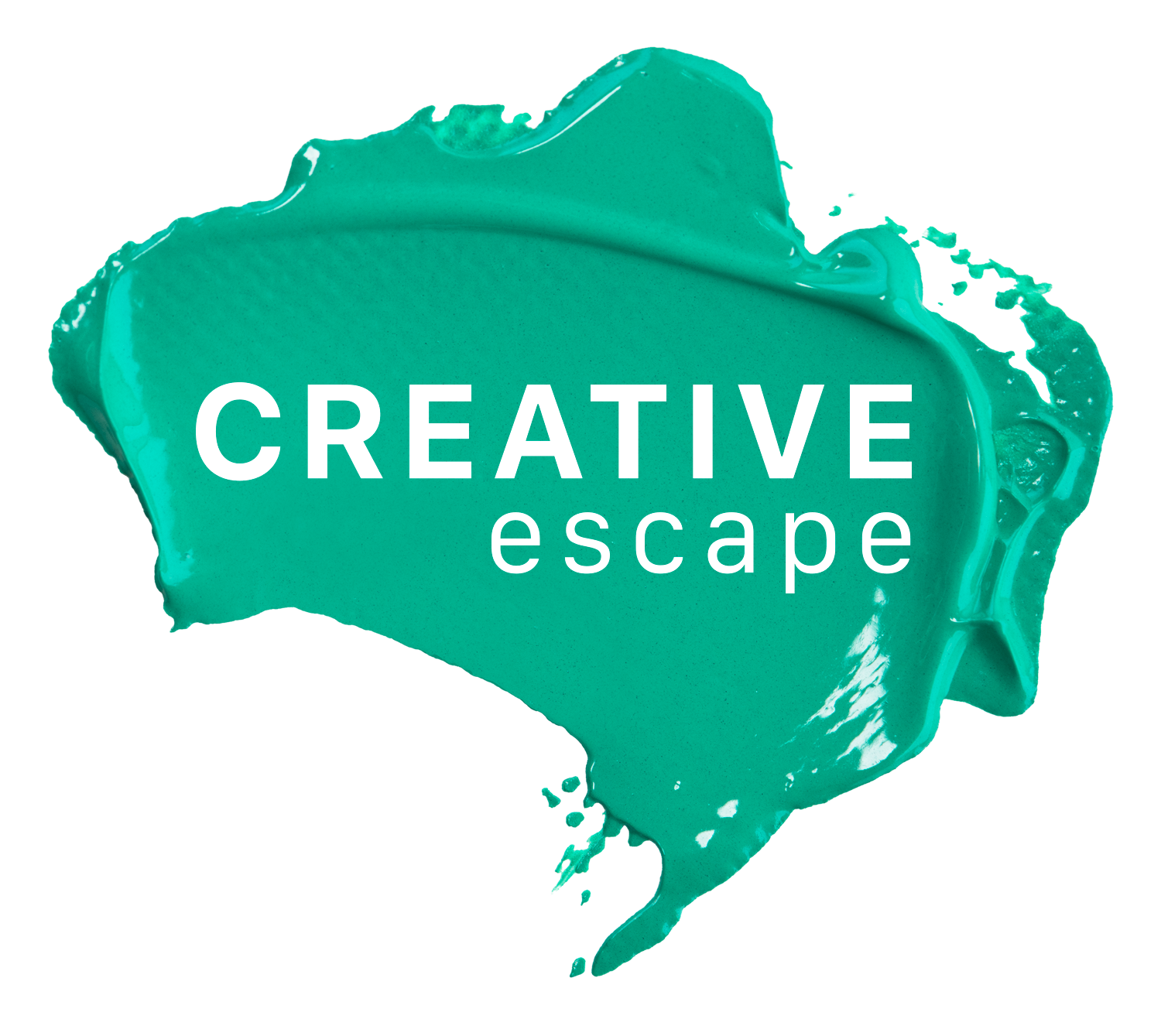
Schools + Colleges
In today’s education system, it’s not always easy to support young women with Neurodivergent or SEMH. Budgets are tight, there is limited provision for mental health support, alongside a reduced capacity for wider agency referrals. As a result, these young people often have a lower attendance rate, while feeling isolated and unable to integrate with their wider learning.
Our programme of workshops draw on the Five Ways to Wellbeing and art as therapy methodologies to tackle these exact challenges.
Helping young neurodivergent young people to thrive
Working together with you and your students
Building on 18 years’ of teaching experience in secondary schools, the small group and mentoring sessions equip young women with a toolkit of practical skills and coping strategies.
Working together with you and your students, we can help increase attendance, improve engagement, reduce anxiety and support the development of a positive growth mindset.
The result? Young people with SEND / EBSA / SEMH needs either diagnosed or un diagnosed can struggle less and thrive more.
Mindful Photography - KS3/4
Vision boards - KS4/5
Making Marks Matter - KS3/4
How can we help?
One-day workshop
During a full day, working with groups of up to six students identified by the schools pastoral and SEND teachers and support staff. This can be divided into a morning and afternoon session to support two groups.
What we will discuss:
Every day we live under some level of stress. A low level of stress is normal, and can help us to prepare for difficult times. The problem happens when stress is ongoing and the body remains in fight or flight for sustained periods of time.
In addition to this, the feelings of being overwhelmed can make verbal expression difficult which then negatively impacts students’ ability to self-manage feelings and thoughts.
Through relaxation and mindful art making techniques, it’s possible to reduce stress, lower anxiety and help students to calm the nervous system.
Your students will leave the session with:
Techniques they can use to feel calm and bring their focus back on the task at hand.
Knowledge on how anxiety can be defused
A more positive, growth mindset
A deeper understanding of their tiggers and response patterns
New ways to express feelings and resolve problems
A toolkit of strategies to help them process thoughts, manage emotions and assess behaviour.
A series of goals that will help them work towards improved thinking patterns a more positive time in school.
Your pastoral / SEND staff will receive:
30 Minute feedback summary at the end of the sessions
Sharing with them the tools that students have learnt to ‘close the loop’ ensuring that work can be built on, prompted and sustained by students who have attended a workshop.
Polly is an exceptional arts facilitator with a gift for engaging children with additional and even complex needs. She is amazing with my autistic daughter and has supported her in exploring new ways to be creative. My daughter is very anxious, but Polly’s calm, straightforward manner eases that anxiety quickly. I wholeheartedly recommend Polly for both 1:1 and group work.
— Kate Laine-Toner, founder of British Autism Support
For a day a week, there will be 50-minute creative well-being workshops delivered to three different identified groups of students – who may, or may not have a neurodivergent diagnosis.
The small group sessions of up to six students will run for six weeks. Students will be identified by the schools pastoral and SEND teaching and support staff. Students should aim to commit to attending all 6 sessions.
Week 1 : The Art of Conversation
Using mindful art making to have a conversation with art instead of words.
Week 2 : Make Marks Matter
Using a range of techniques and materials to communicate emotions, exploring thoughts and feelings to create a small art journal.
Week 3 : Inner Landscape
Watercolour veiled techniques to mindfully connect and paint with thin layers of colour and light.
Week 4 : Move Mind Make
A mindful walk to collect natural forms to create a mandala. The repetition of patterns and rhythmic movements help to reduce heightened emotions.
Week 5 : Mindful Photography
Mindful photography for mental health, wellbeing, resilience and positive change. Using tech to create and not consume.
Week 6 : Creative Journaling
Journaling can reduce distress, offers a chance to explore feelings outside of yourself or another person. In addition, it can help with insight or seeing a situation in a new way.
Note: this is an example workshop programme and may change and adapt depending on the group of students.
Full Term Programme
Techniques they can use to feel calm and bring their focus back on the task at hand.
Knowledge on how anxiety can be defused
A more positive, growth mindset
A deeper understanding of their triggers and response patterns
New ways to express feelings and resolve problems
A toolkit of strategies to help them process thoughts, manage emotions and assess behaviour.
A series of goals that will help them work towards improved thinking patterns a more positive time in school.
Strengthened peer relationships and support group.
The opportunity to attend a 30 minute programme plenary where all the students who have taken part in the programme meet up and feed back.
Improved attendance.
Your pastoral / SEND staff will receive:
30 Minute feedback summary at the end of the 6 week programme.
Written feedback provided for individual students who attend the term long programme.
Clear communication of any wider concerns will be logged and referred to the appropriate members of staff.
Sharing with them the tools that students have learnt to ‘close the loop’ ensuring that work can be built on, prompted and sustained by students who have attended a workshop.
Positive feedback postcards to share with parents and carers.
Students will leave the 6-week term with:
My eldest daughter struggles with severe social anxiety and finds attending new things with unfamiliar faces extremely challenging, but it was clear that she instantly felt at ease with Polly and settled in quickly to the group activities. During the sessions she produced some lovely work, some of which inspired her GCSE textiles exam! In the future, we are hoping to do some additional 1-1 sessions to my daughter's transition into college, where she hopes to study Art and Design.
These creative gatherings provide a much needed nurturing, compassionate and completely safe space for neurodiverse young people. There was no pressure - it just felt whatever you brought to the space that session was all that was needed. It's a simple concept, but one that's overlooked and not readily available. As a parent I cannot emphasize enough how much I appreciated this space being opened up for my daughters- at such a vulnerable time. Thank you
— LC PG Dip SpLD, APC (PATOSS), AMBDA, QTS, BA (Hons).
My Experience
After 18 years working as an art and photography teacher in secondary schools, I have extensive experience in supporting young people of many ages.
During this time I supported students with a range of SEND needs, and focused on pastoral wellbeing with the team of assistant heads of house. This is where my heart is; supporting the wellbeing of young people, particularly young women in education. I left the classroom in 2022 to set up Creative Escape.
Most recently, I have been delivering art workshops for young women with neurodivergence, as well as social prescribing sessions for women with mental health conditions. These groups have provided peer support and built friendships, creating an environment for the women and young women to thrive and succeed. Whether in a school setting, work environment or social situation, all the feedback from the sessions has clearly highlighted the emotional and wellbeing benefits from the programmes I lead.
Alongside this, I work one-to-one with those who are unable to attend workshops in a group setting. This includes supporting young people in home education, or more vulnerable students suffering with EBSA.
Although my teaching experience underpins everything I do, I am continually developing my own skills in order to support more young people within the educational system.
Polly Brown
How + Why
Here are some of the methods and practices we draw on to support young women in education.
Peace of Mind
We help students to create more supportive relationships with themselves, their thoughts and emotions.
Moving forward, We enable students to cultivate a growth mindset, where they can celebrate success and achievement in all areas of the curriculum.
Together, we draw on social prescribing methods, moving away from traditional medical models and towards linking young women back to themselves.
The Human Approach
We create a confidential space and a non-judgemental environment to help students feel safe about exploring their challenges on a deeper level.
Collaboration, listening and nurturing are all part of our sessions.
Our aim is to dissolve the ‘I can’t’ and show students there is no "right" way of thinking, learning and exploring possibilities.
Here + Now
Mindfulness and well-being sit at the heart of what we do, and how we work with young people. All of our workshops are built on mindfulness practices and art as therapy methodologies. We also incorporate guided meditations, nature connectedness and journaling, where this will benefit students.
Each one of our practices helps create an awareness of the emotions, hopes and conflicts inside of us. From here, we can then apply proven strategies to work through challenges and reach a positive outcome.
In society, we tend to lean on words for expression, however words and written expression can be challenging and frustrating for students with SEND needs.
Working with art, and our support, students can overcome these barriers and discover alternative ways to express themselves and find new ways forward.
Social Butterflies
Research shows that social media can have a negative impact on young girls neurological development, affecting their decision making, impulse control and emotional processing.
Our workshops offer alternative routes of expression and help improve self esteem.
We work though ways to overcome the issues of compare - conform - inadequacy.
Courses and qualifications
BTech Nat. Dip Art + Design
BA (Hons) in 3DDesign
PGCE in Secondary Education
Mental Health First Aider
Five Ways to Wellbeing training
Level 2 in Children and Young People’s Mental Health
Level 2 Supporting Children with ASD
Foundation course in Art Therapy
Health & Wellbeing through Art Making course with UAL, Central St Martins.
Level 2 Nature Connectedness with Derby University.
linked articles:
https://www.northernhealthcare.org.uk/news-resources/utilising-arts-crafts-for-mental-health/#:~:text=Studies%20also%20show%20that%20creating,health%20treatments%20is%20very%20effective.
https://www.craftscouncil.org.uk/stories/4-reasons-craft-good-your-mental-health











